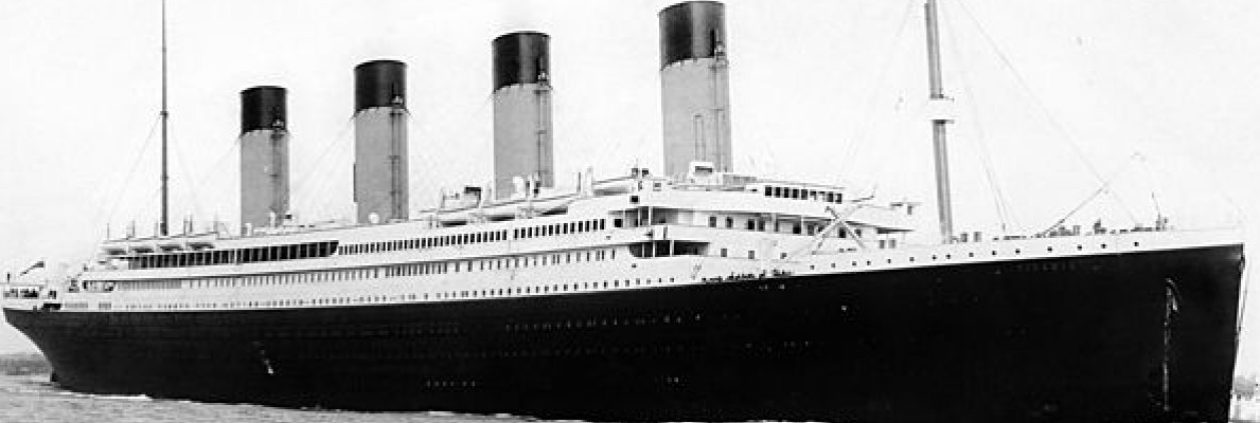
RIA Novosti archive, image #5634 / David Trahtenberg / CC-BY-SA 3.0
After German troops invaded the Soviet Union in 1941, one of their top cities to take control of was Leningrad (former St. Petersburg, then Petrograd). As the second largest city in the Soviet Union (and its capital under the Tsar’s), it held significant importance. In August 1941, German troops surrounded the city so nothing could get in or out. This also cut off the Leningrad-Moscow railway. The residents built anti-tank fortifications and defended the city with the resources they had. Hitler decided to wait them out in a siege hoping to break down the will of the residents. Some limited supplies were able to get in but not enough for all its residents. Starvation, disease, and injuries mounted up. They did manage to evacuate about a million elderly and young people out of the city but that left 2 million to deal with the dire situation.
Food was rationed and any open space was used to plant food. On 12 January 1943, Soviet troops punched a hole rupturing the German siege allowing supplies to come in one Lake Ledoga. A Soviet counteroffensive on 27 Jan 1944 brought the siege to a complete end after 872 days. The Russian army lost, captured or missing 1,017,881 and 2,418,185 wounded or sick. 642,000 civilians died during the siege and, 400,000 during evacuations.
Sources:
Soviet forces penetrate the siege of Leningrad (History.com)
Siege of Leningrad (WorldWar2facts.org)






